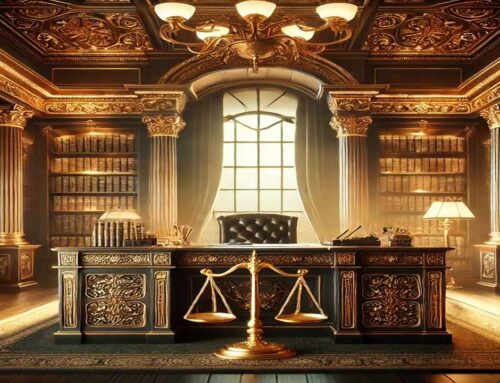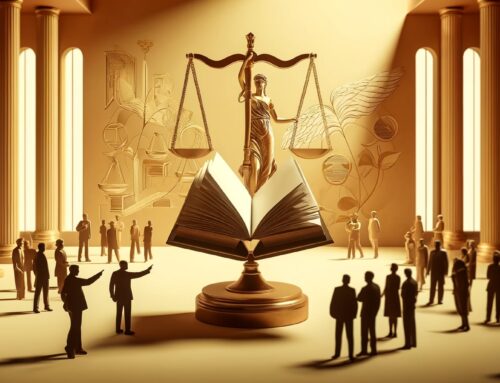The First Amendment of the United States Constitution states that “Congress shall make no law… abridging the freedom of speech”. But what exactly does this mean? In this blog post, we will go over the meaning of this right and its limitations.
What is Protected by the First Amendment
The right to free speech under the First Amendment protects a wide range of expression, including written and spoken communications, artistic creations and lively protests. This protection was given to individuals under the US Constitution so they could speak their mind without fear or government interference.
When is Free Speech Limited?
While free speech is protected under the First Amendment, there are certain instances when it can be limited in accordance with US laws. These limitations include:
- Incitement: Speech which incites harm or violence against an individual or group can be limited due to criminal penalties for those involved in promoting such actions.
- Obscenity: Private expression that meets certain criteria for obscenity can be regulated depending on state laws regarding indecency.
- Defamation: False statements made about individual persons or companies that damage their reputation can lead to legal action if a court finds them defamatory in nature.
- Harming National Security: In some cases, communicating information which could potentially endanger national security or reveal classified information may result in legal restrictions being imposed on your freedom of speech.
Conclusion
Free speech is one of our fundamental rights as citizens of the United States, but it is not an absolute right without limits or consequences. It is important to understand these limitations when exercising your right to free speech so you don’t run into any legal issues down the line.





Leave A Comment